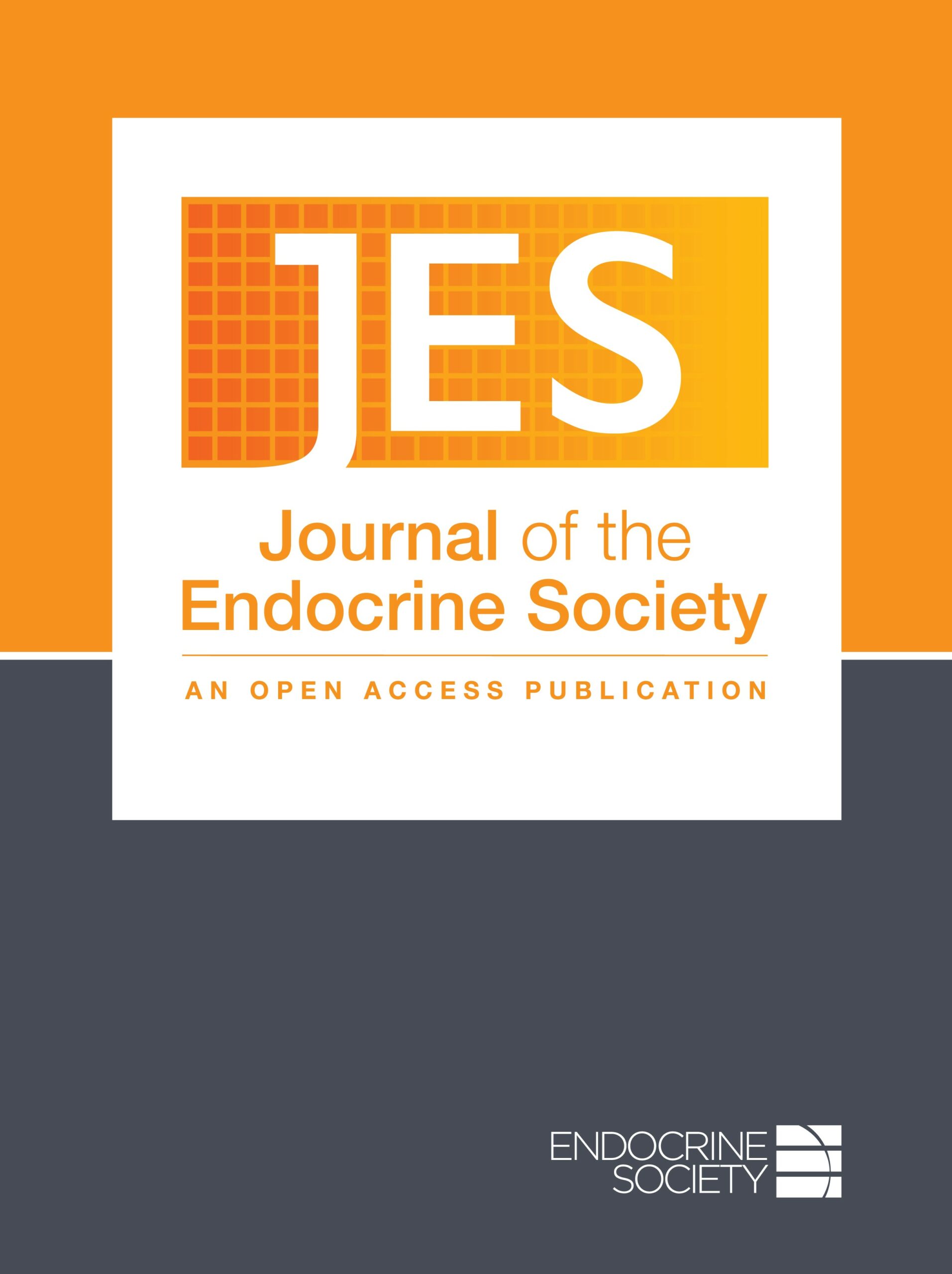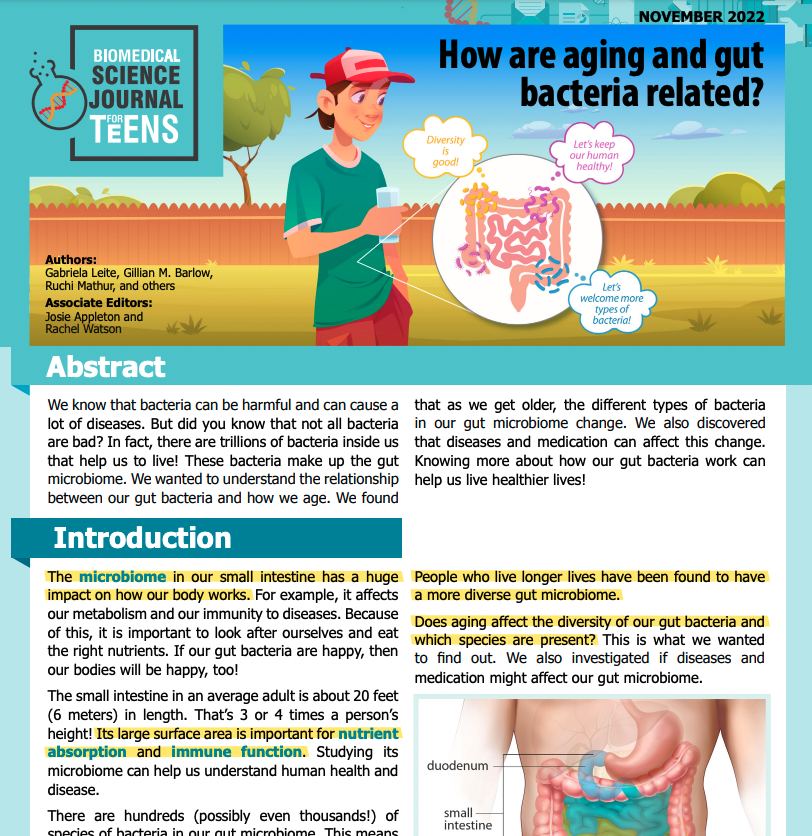Medically Associated Science and Technology Program
The Medically Associated Science and Technology (MAST) program at Cedars-Sinai is dedicated to the development of novel drugs and devices to diagnose and treat patients.
MAST represents the mainsail of a vessel taking us on a voyage of discovery in medicine and science. This innovative program is working to develop new diagnostics and therapeutics to treat patients with illnesses related to imbalances or alterations in the microbiome. Over the last 20 years, the MAST team has made many discoveries that benefit millions of patients, and we hope to help millions more with our growing fleet of novel diagnostics and therapeutics.




making a difference
Meet Our Team
Learn more about MAST’s team of scientists, physicians, faculty members and other healthcare professionals who investigate the microbiome in the laboratory as well as work directly with patients in the clinic.
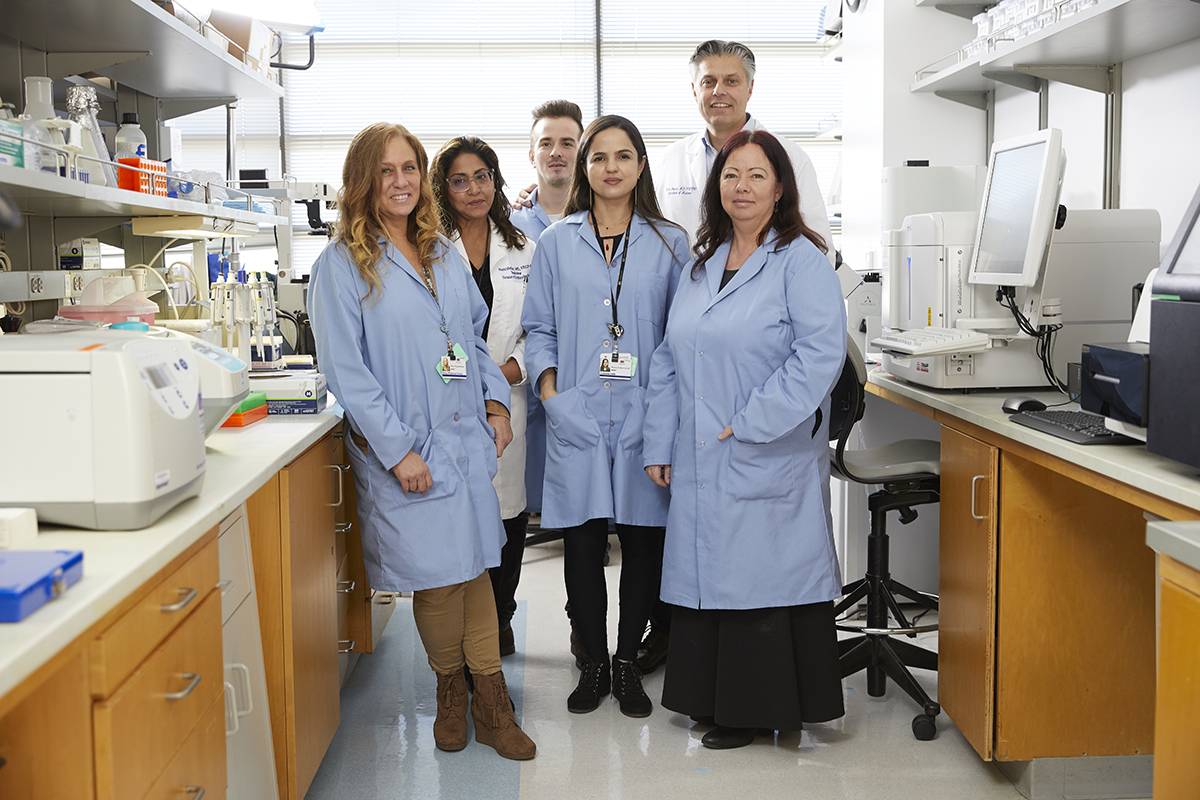
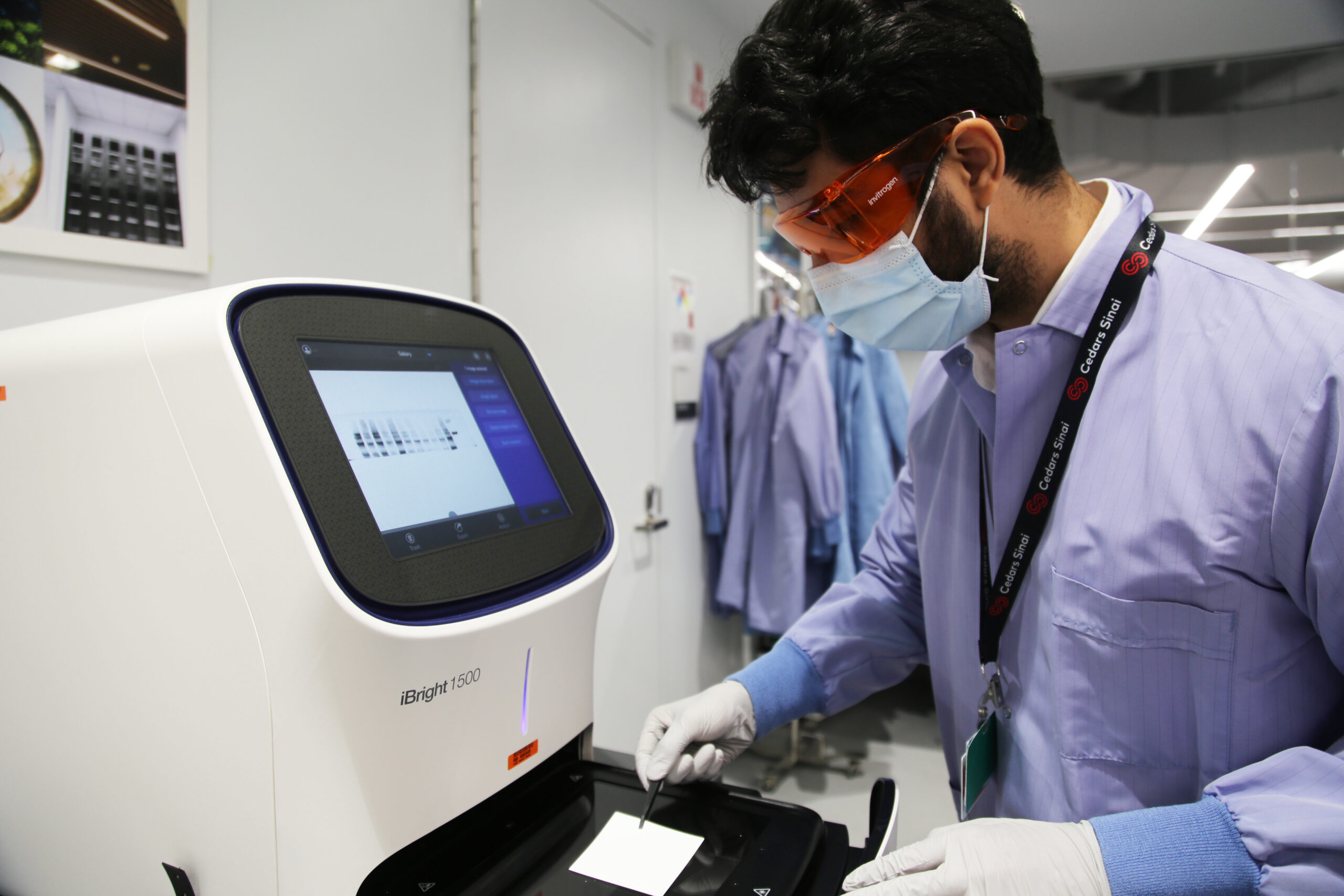
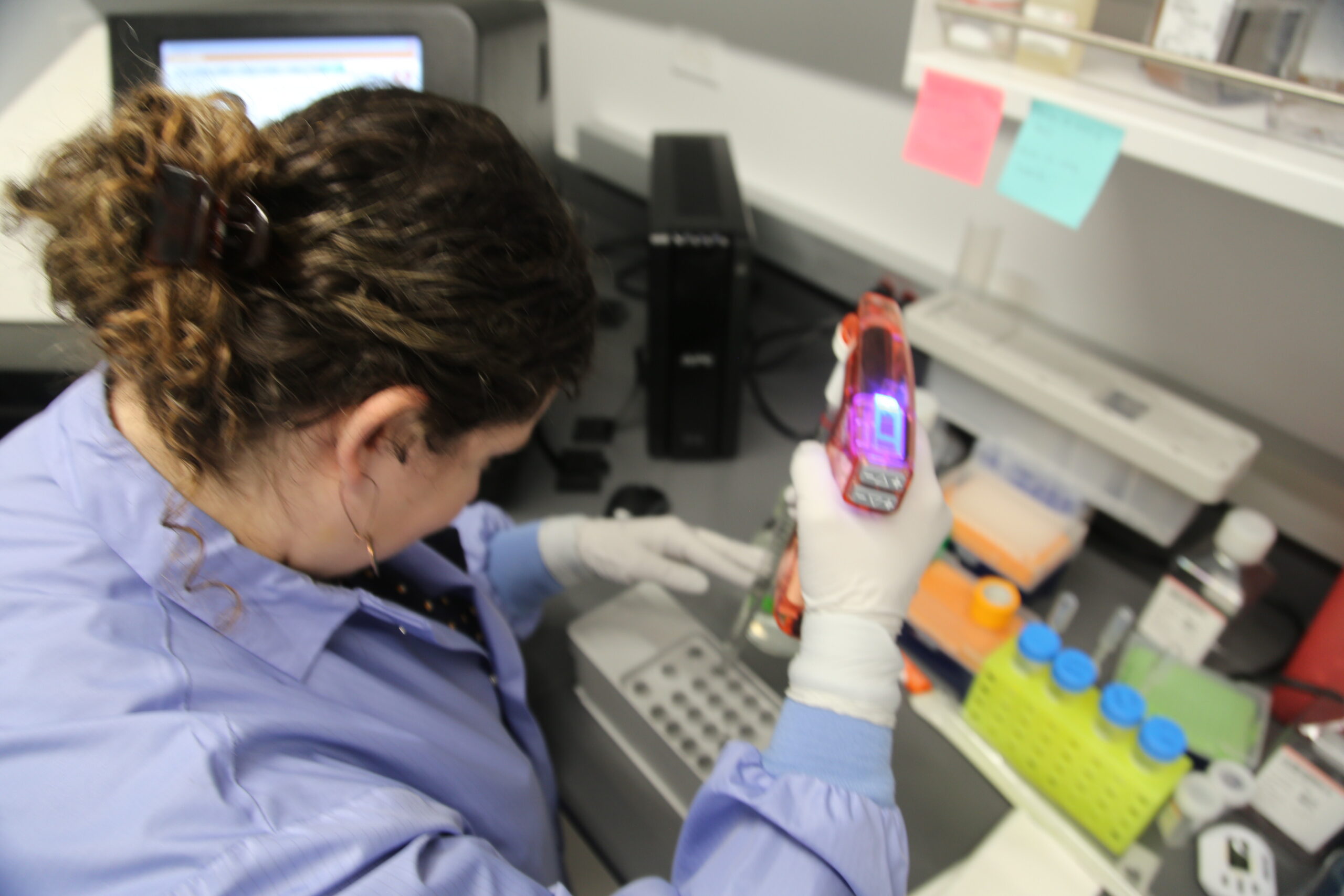
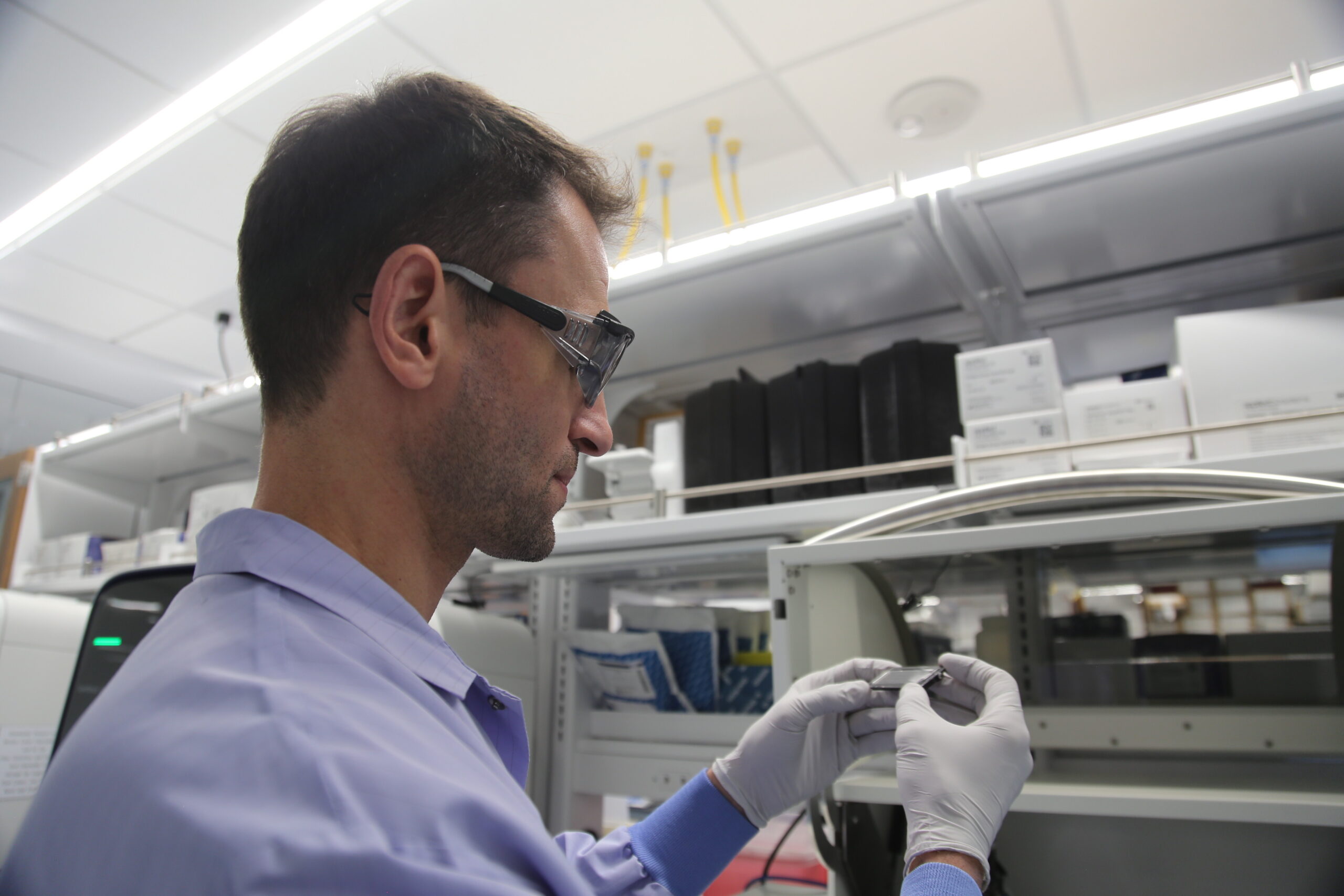
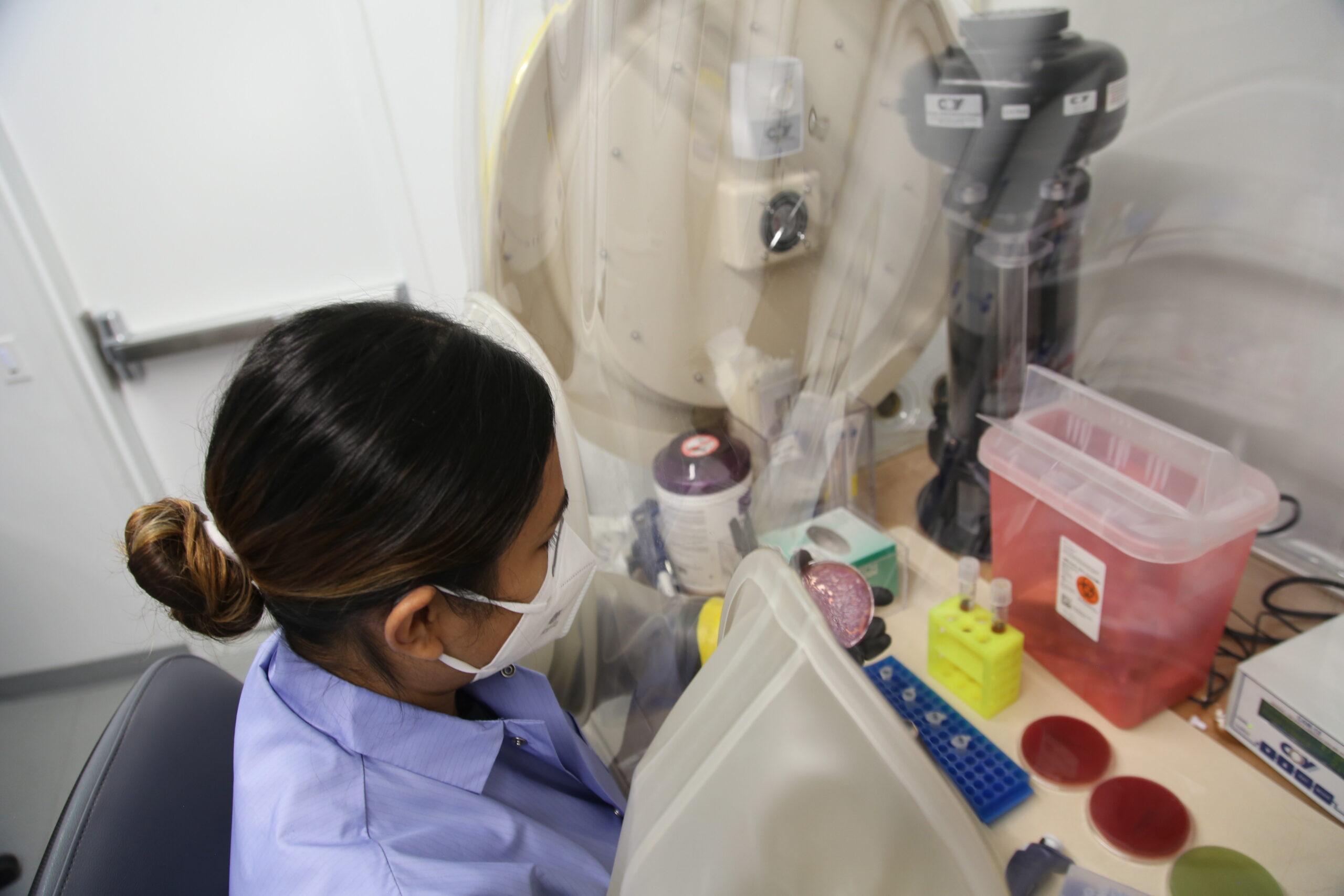
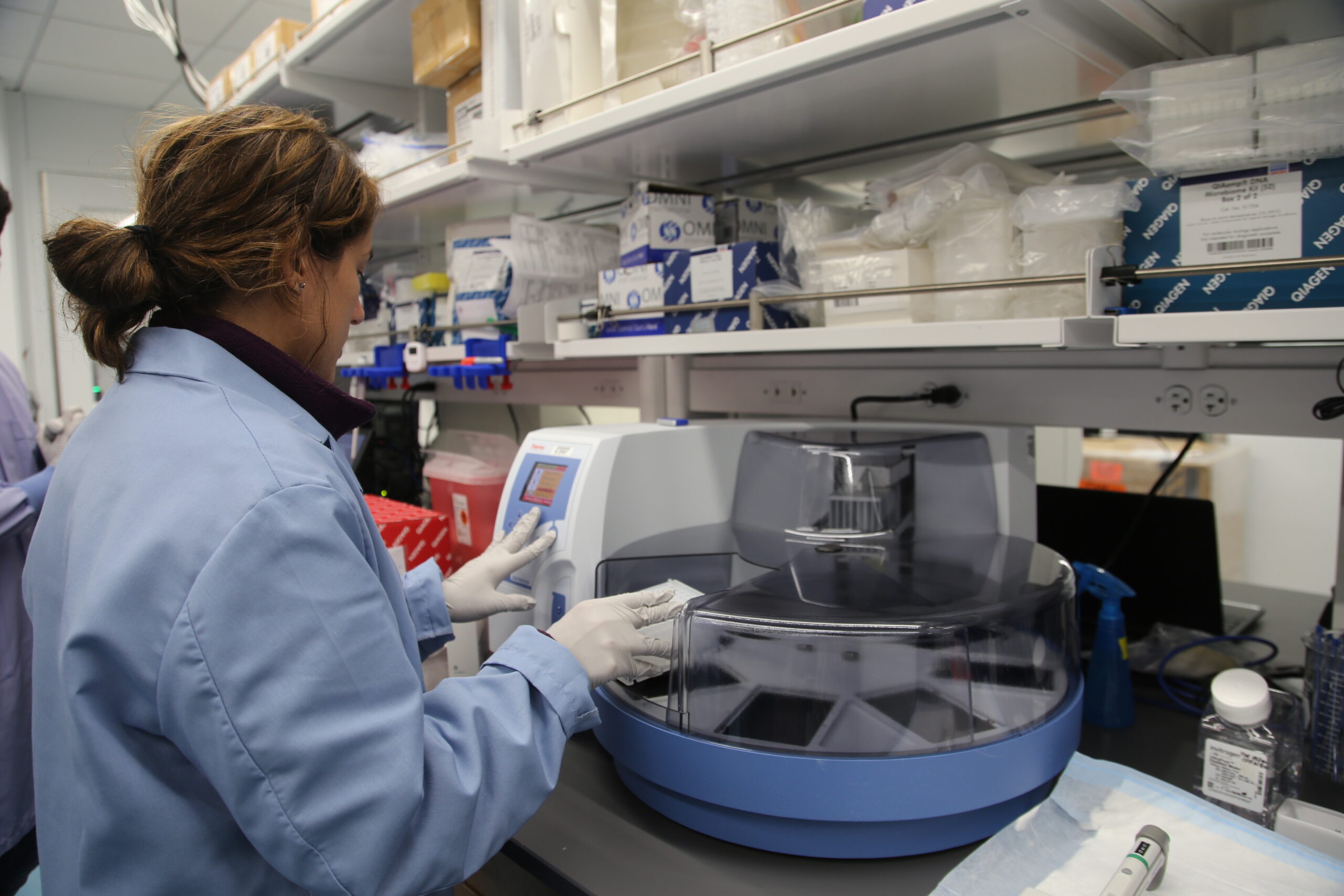
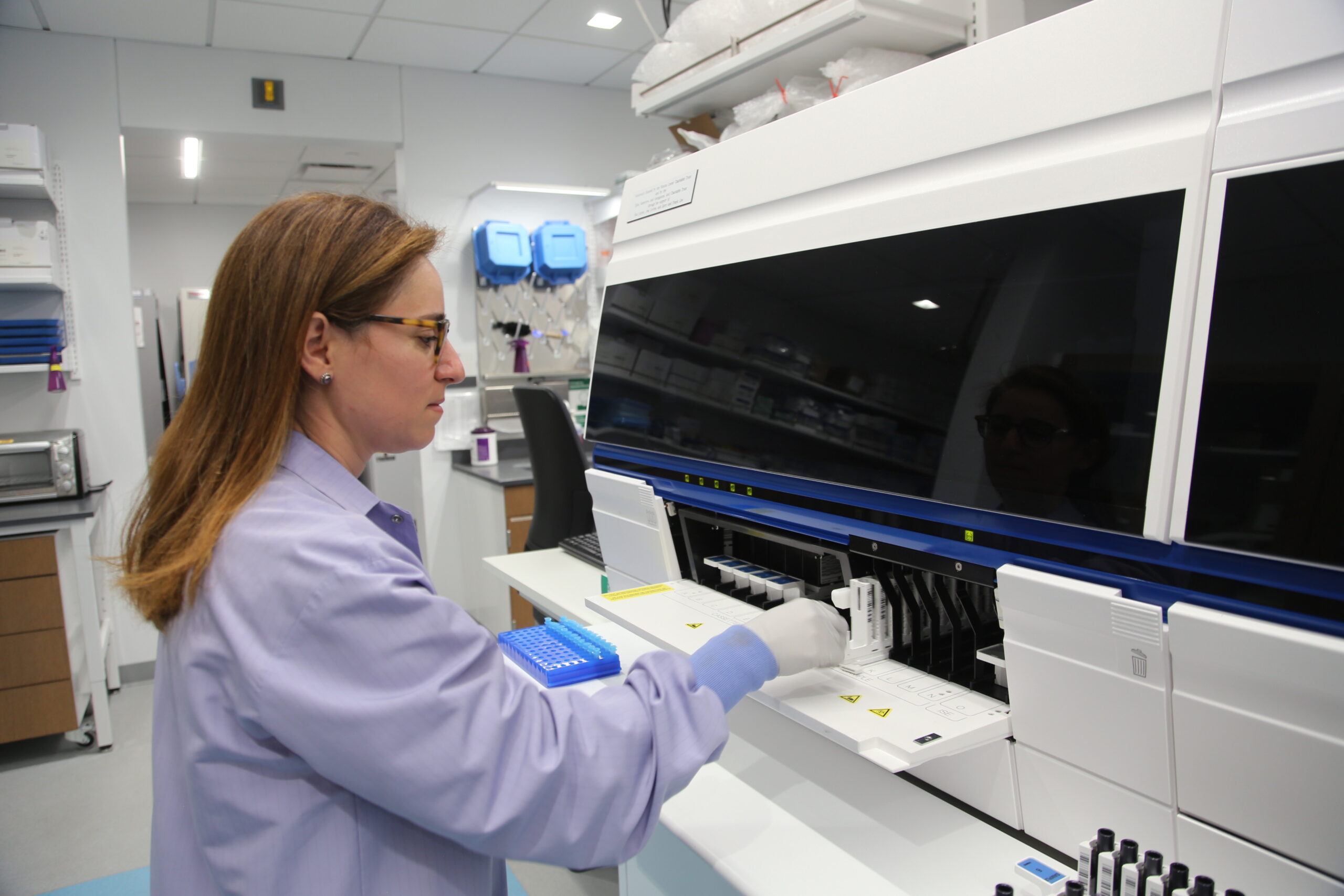
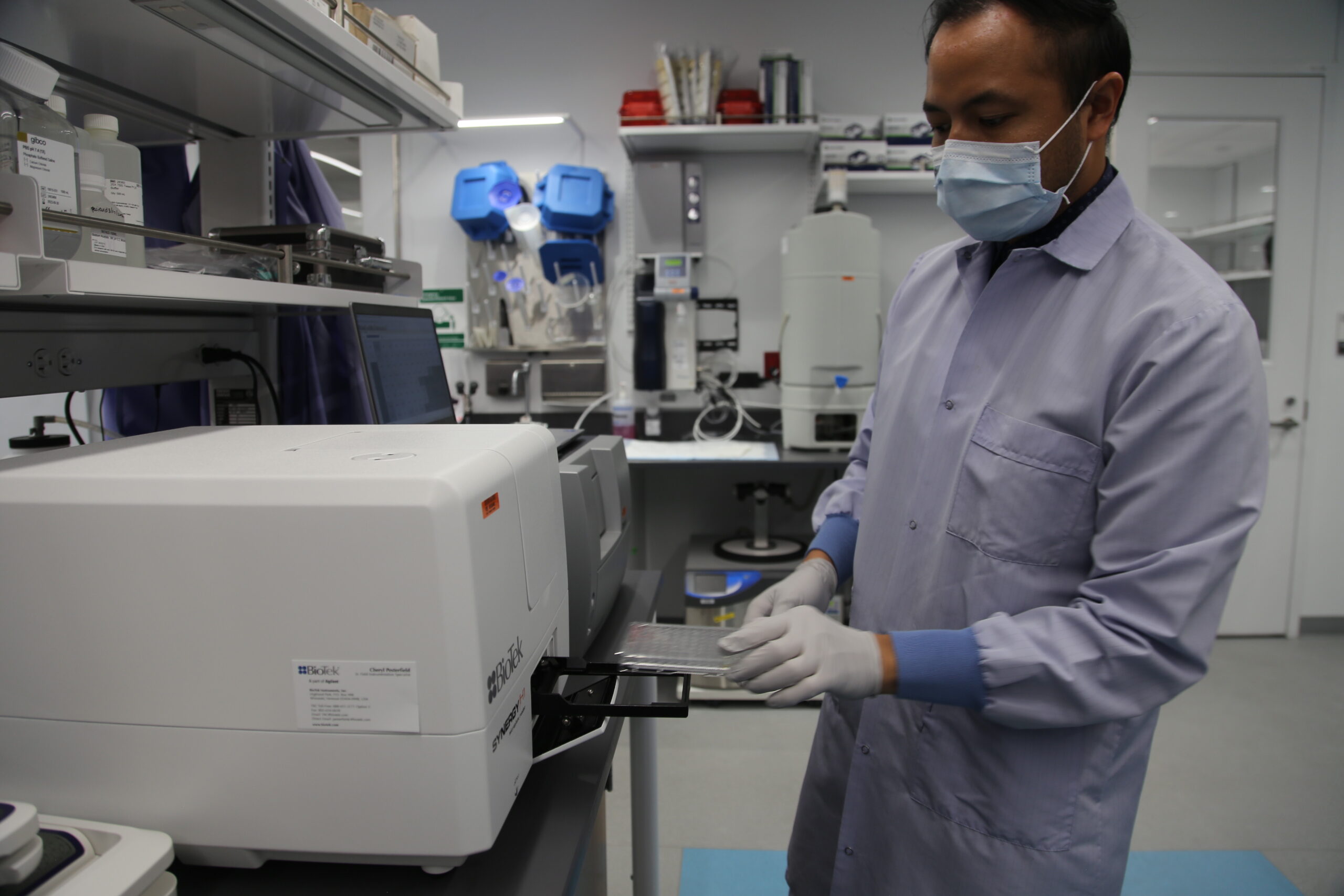
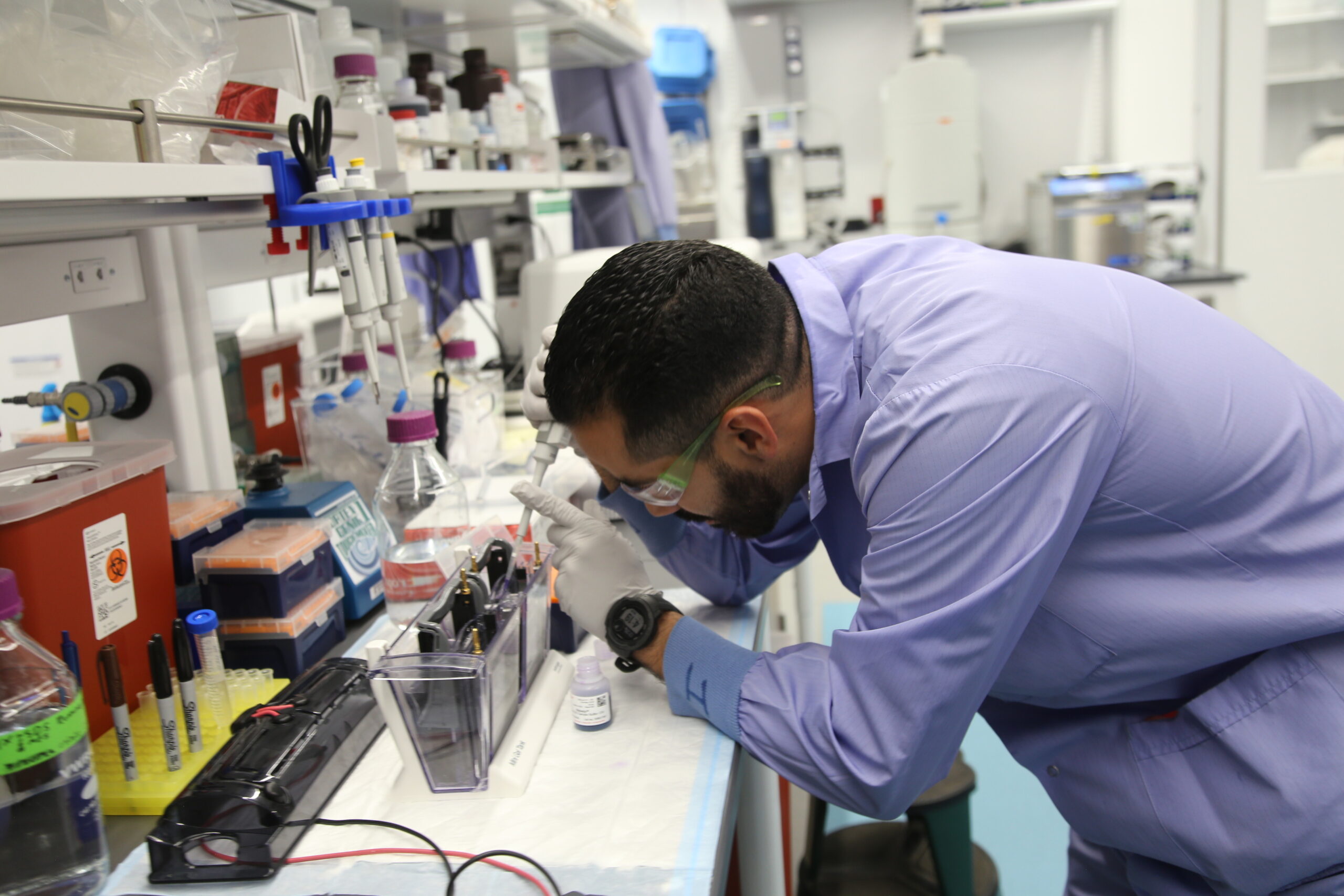
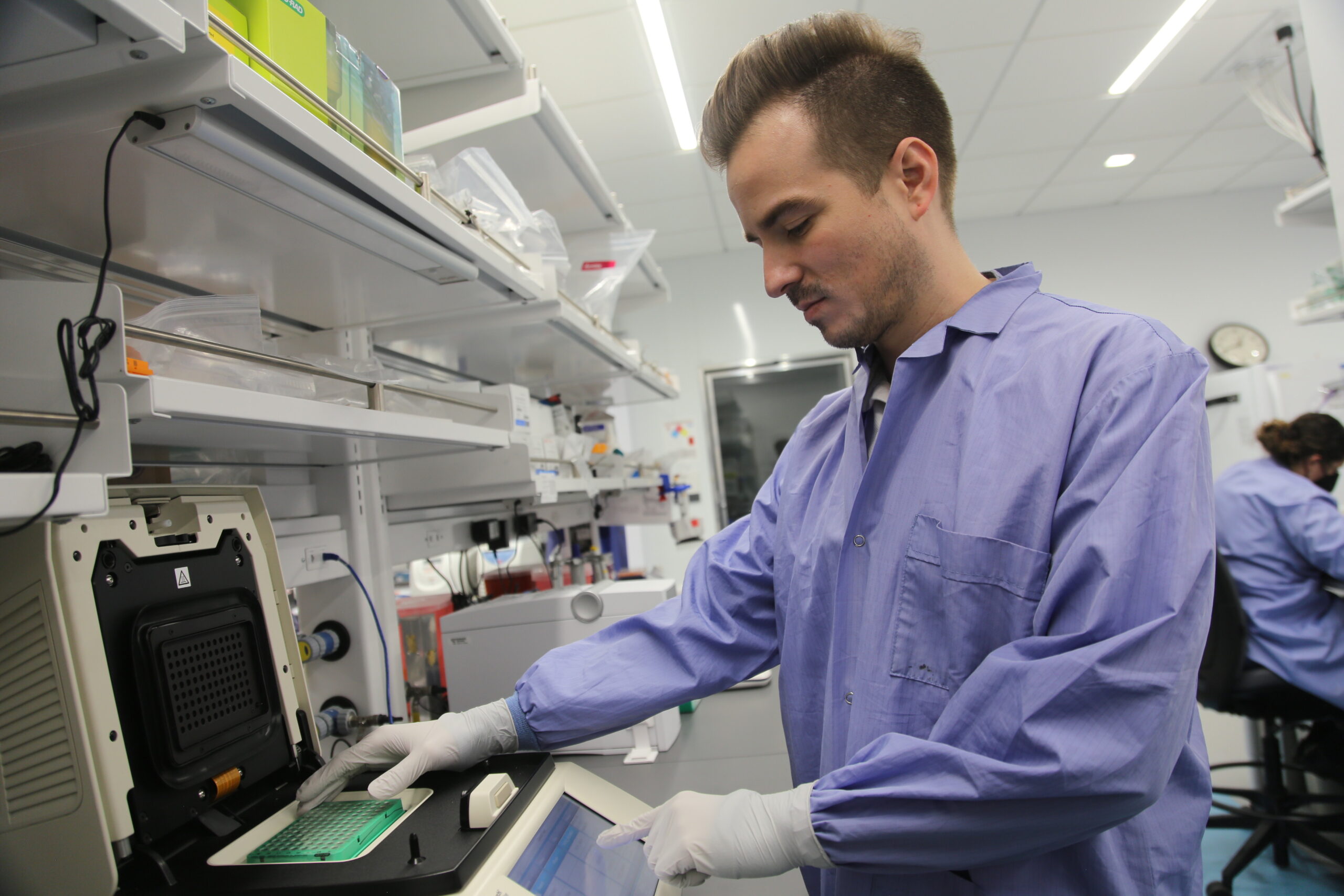
Research Laboratories
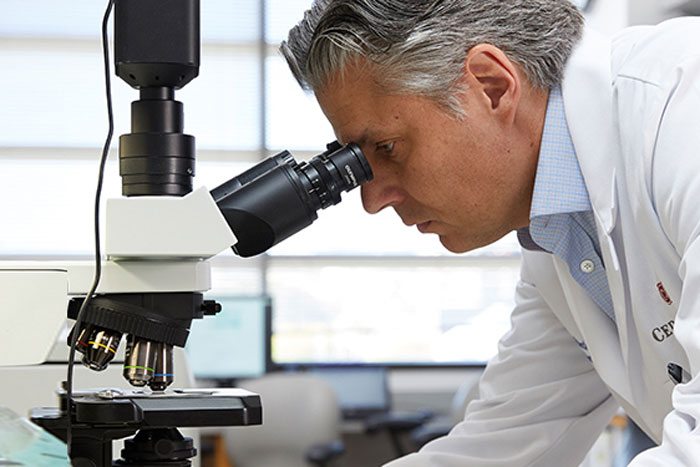
Pimentel Lab
The Pimentel Laboratory focuses on the development of drugs, diagnostic tests and devices related to conditions of the microbiome. LEARN MORE
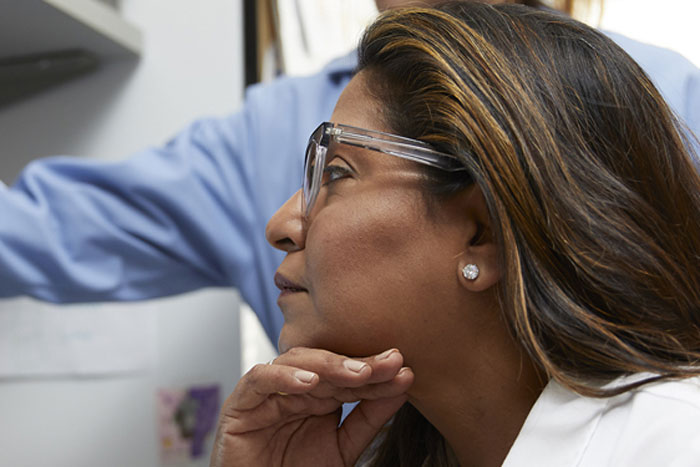
Mathur Lab
The Mathur Laboratory studies the effects of gastrointestinal microbiota on metabolic diseases such as obesity and diabetes. LEARN MORE
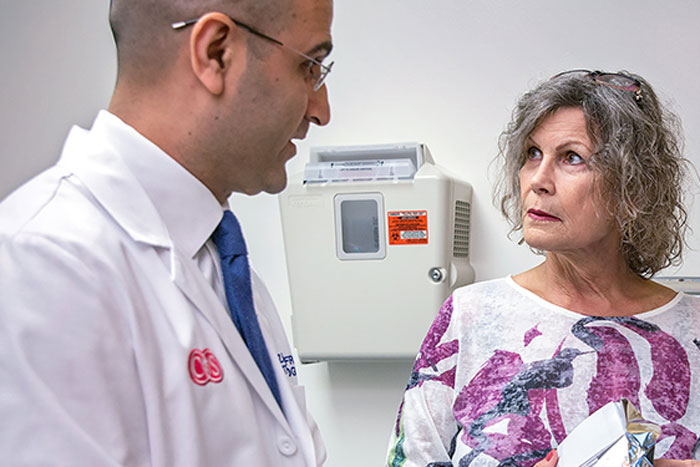
Rezaie Lab
The Rezaie Laboratory focuses on research related to the microbiome and gastrointestinal (GI) motility disorders. LEARN MORE
Have Questions?
If you have any questions or want to learn more about Medically Associated Science and Technology (MAST) Program,
please give us a call or send us a message using our Contact Us form.
